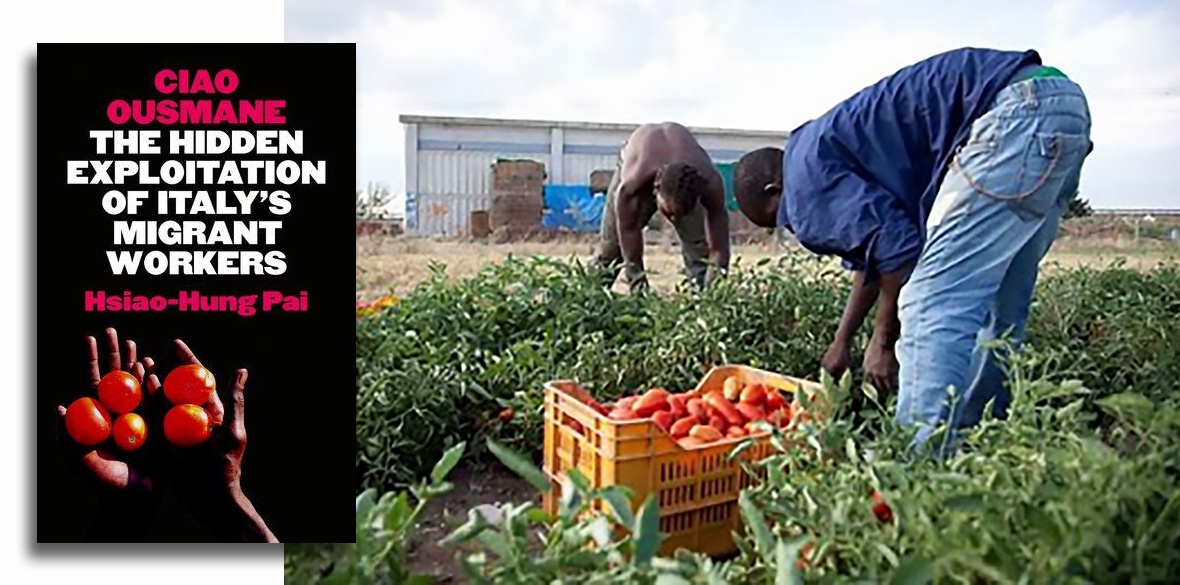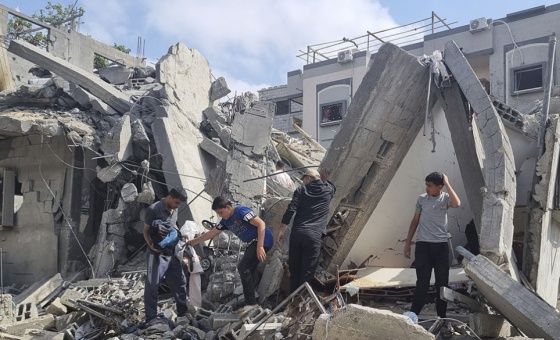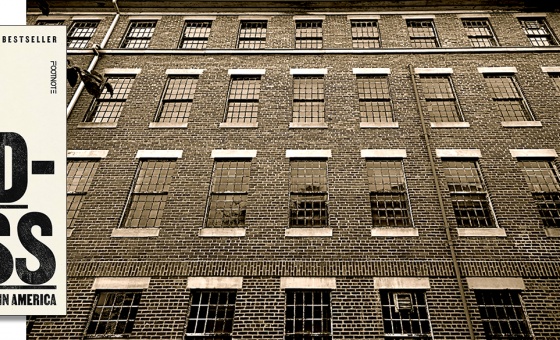This is the last article you can read this month
You can read more article this month
You can read more articles this month
Sorry your limit is up for this month
Reset on:
Please help support the Morning Star by subscribing here
NOT much is known about Ousmane Diallo. He had made the tortuous journey from Senegal across Africa, endured a dangerous stay in Libya — where the possibility of forced labour, torture or death was ever present — and survived the perilous Mediterranean crossing to Sicily, where death awaited him a few months later.
Before dawn on an October morning in 2013, Ousmane awoke in the abandoned derelict farmhouse where he slept with several other African migrants. Not realising that their gas canister was leaking, he struck a match to light a candle. The cylinder exploded, covering 60 per cent of his body in severe burns. He was not the first migrant to die in such a way and he would not be the last.
Ciao Ousmane’s author, Hsiao-Hung Pai, states that her aim in writing this book is to document and expose the iniquitous subjugation of migrant workers like Ousmane, who are ruthlessly exploited for their labour while being vilified as a burden and a problem.
She spent almost two years living alongside African migrants, following them season by season and harvest to harvest through Sicily, Puglia and Calabria to uncover the humiliating conditions of their daily lives and the blatant denial of their human rights.
Their personal tales are interspersed with analyses of different governments’ policies locally and nationally and the role of the mafia, taking its cut at every stage of the food production chain from local gangmasters onward.
The role of the trade union USB (Unione Sindacale di Base) and the work of charities in trying not only to improve living and working conditions but also to assist workers in negotiating the labyrinth of anti-migrant laws is also explored.
The White Grass camp, where Ousmane died, lies outside Campobello, with its tents, shanties and abandoned buildings hidden from the town and its 11,000 citizens by olive groves. About 3,000 African workers harvest the olives between September and December, living in squalid conditions, mostly without running water, sanitation and electricity — hence the gas canisters.
Working illegally long hours without work permits or contracts and earning €20-30 a day on piecework rates but losing between €10-15 to the gangmaster, these migrants are literally and metaphorically living on the margins of society.
Through her documentation of the lives of these sub- Saharan Africans, Hsiao-Hung Pai reveals the human cost of cheap expendable labour. Slowly building layer upon layer of detail, she has created a brave and stark exposé of the individual and institutional racism and oppression endured by these migrant workers.
Published by Hurst, £20.









